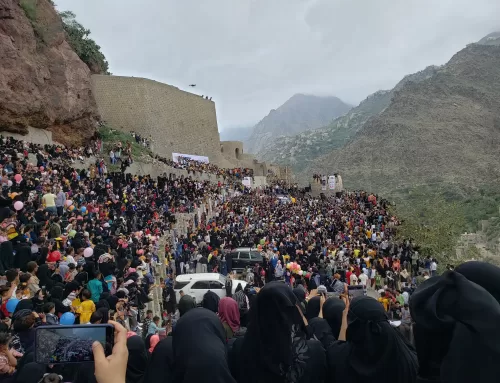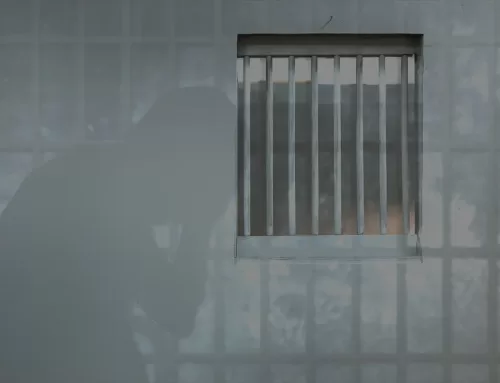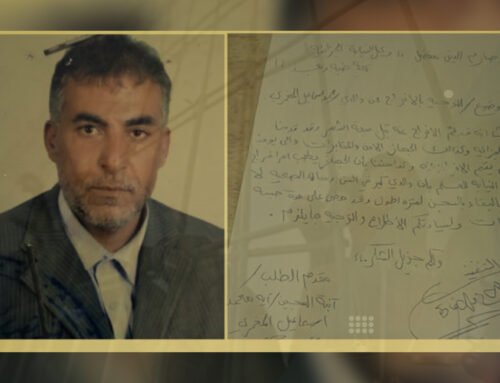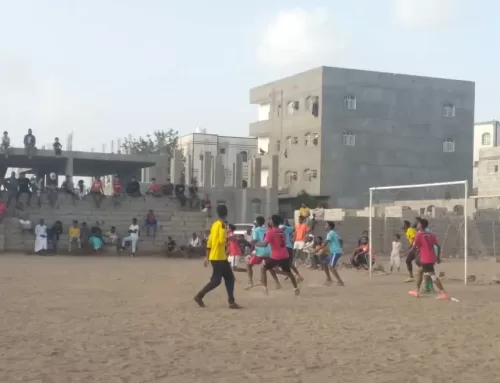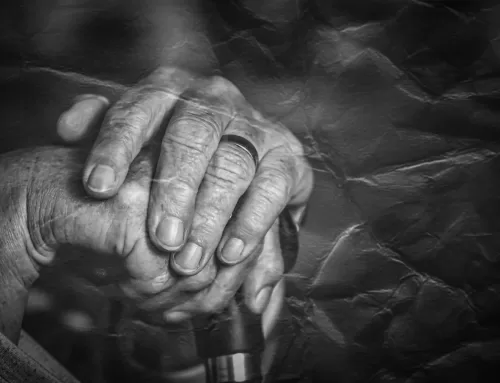When the return to the homeland becomes a path to grave
December 29, 2020
Naser Jamil
Asrar (22 years old) did not know that her dream of returning to the homeland would lead her to be killed by armed groups fighting for control of the oil governorate of Shabwa (southeast of Yemen).
Asrar comes from a family that resided in Al Hudaydah Governorate (western Yemen), but, of course, has relatives in Shabwa Governorate. Before she was born, her parents traveled to Saudi Arabia in search of a better life, so they settled there.
Asrar was born and raised in Saudi Arabia, where she married her cousin, and gave birth to her three daughters. When her youngest daughter turned two months, she decided, on August 15, 2019, to travel with her brother and daughters to Yemen for the first time, specifically to Shabwa Governorate. Asrar wanted to know her grandparents, whom, for being away from home country, she never had an opportunity to meet them before.
Asrar did not know that the first exit visa she obtained from the passport office at the Al-Wadiah border crossing, on her way to Yemen, would be the last, and that her three daughters would go the same way back – alone this time – stricken by the grief of being orphaned and the cruelty of losing their mother.
Reunion and Farewell
Asrar’s grandfather, Ahmed Omar (52 year-old), tells the story of his granddaughter by saying, “I saw her for the first time in my life and embraced her, so I gave her a long hug. I did not know, at the time, that that hug was for the reunion and final farewell.”
He continues, speaking about her with passion and sorrow, “Since her arrival and during the short period that she stayed with us, we spent every night staying up late. We didn’t want the morning to come because of Asrar. She was a cheerful and joyful young woman. Her talk was always preceded by a laughter and accompanied by a smile.”
Rain of Bullets
At 04:00 p.m., on Friday, August 23, 2019, violent clashes broke out near the village of Al-Muhamasheen in Attaq city, where Asrar’s grandparents live, between the Emirati-backed Shabwani Elite Forces and others affiliated to Hadi’s internationally recognized government. During the clashes, a bullet from a medium sized weapon caused the end Asrar’s life.
Asrar’s father-in-law, Ali Ismail (48 years old), who lives next to the house where his daughter-in-law was a guest, says, “The clashes were taking place near our house. The bullets were falling down as much as rain. We were sheltering from them behind walls and under ceilings that barely protect us from rain drops.”
Asrar was standing on the doorstep of her grandfather’s fragile house, which is made of tinplates, wooden sticks, and construction remnants, when the bullet came from the north to hit the fore of her head and go out from the back after having shattered a large part of her skull… There were no walls to shield her from the bullets.
Ali Ismail explains the first moments of the death of his daughter-in-law by saying, “Asrar’s brother came to tell me what happened. I tried to get up and felt my body heavy, and I barely got up. When I reached her, I found Asrar on the doorstep soaking in her blood. As being panicked, I could not check her injury. I made a quick call with her grandfather telling him what happened and asking him to come so that we take her to the hospital.”
For his part, the grandfather who was in the market, says, “I was shocked by the news of her injury. When I came to take her to the hospital, I found her soaking in her blood in the place where I saw her every day when entering or leaving my house. She has traveled a long way to visit us. We did not know that it would be her first and last visit.”
Asrar was already dead when she arrived at the hospital. Her relatives could not afford to pay for the mortuary to keep her until the next morning, so, they took her at night to the cemetery, and buried her at 2 a.m., also with the sound of gunshots.
They never mind our lives
Asrar’s grandfather speaks angrily about the behavior of the warring parties and about the cruelty of the life they live and can barely reconcile with, saying, “They never mind the lives of the inhabitants of these houses, each party fight for control of the land and rule over it, as if they did not know that we have spent all our lives fighting for survival and for the life they stole from my granddaughter, Asrar.”
“Our life is harsh and full of fatigue and misery. We spent it traveling from land to land seeking a place to shelter and safeguard us. We moved from one governorate to another until we settled in Shabwa governorate. When we found a better place, the war stole Asrar from us.”


